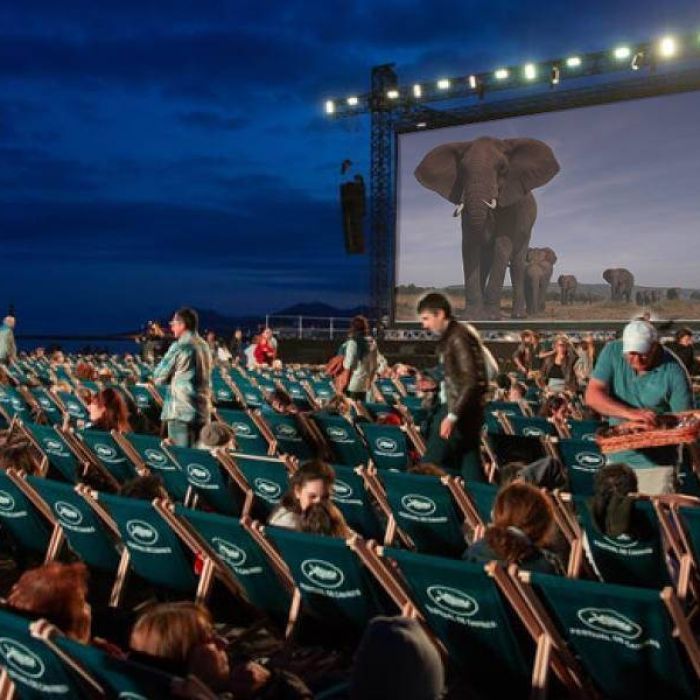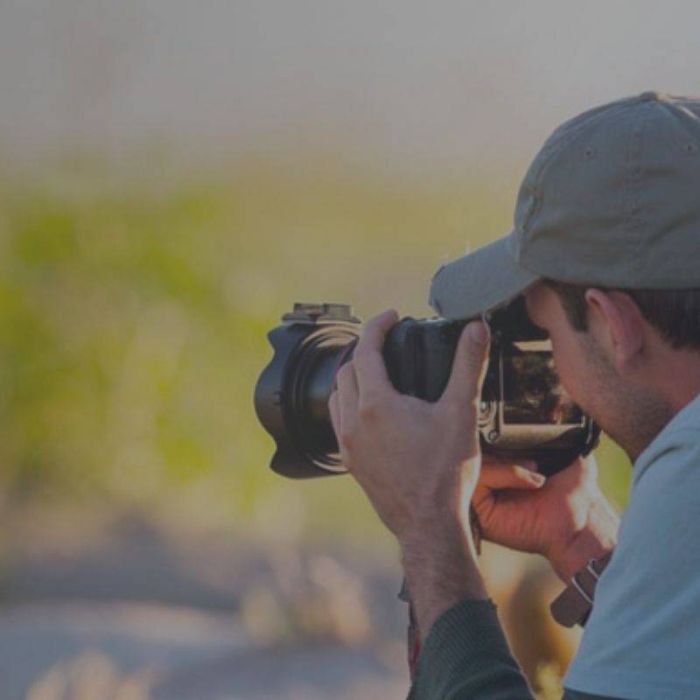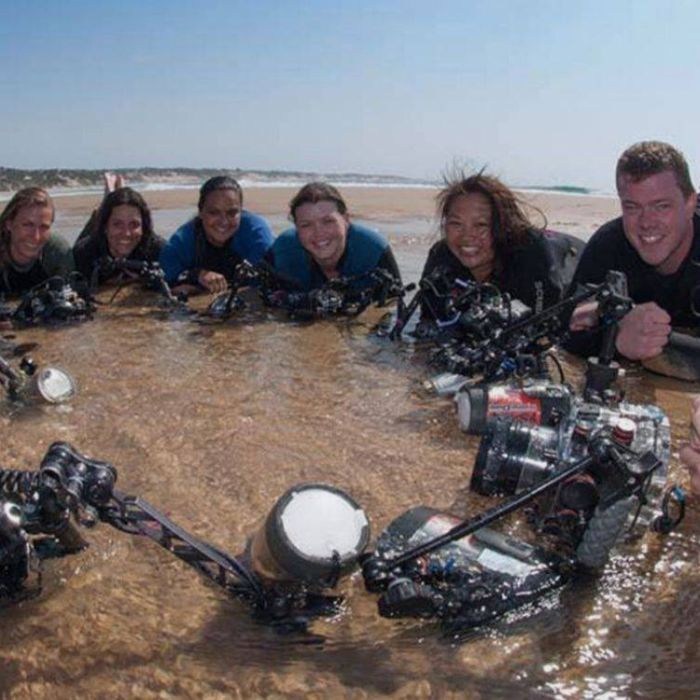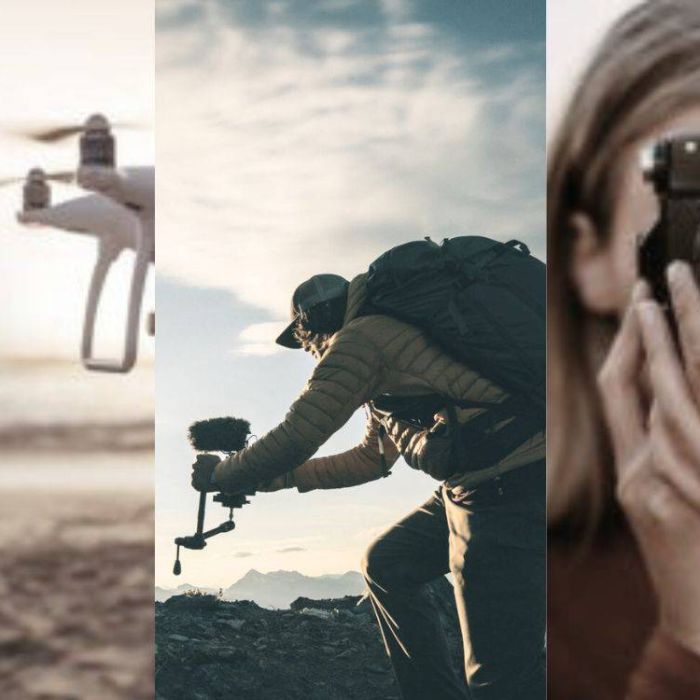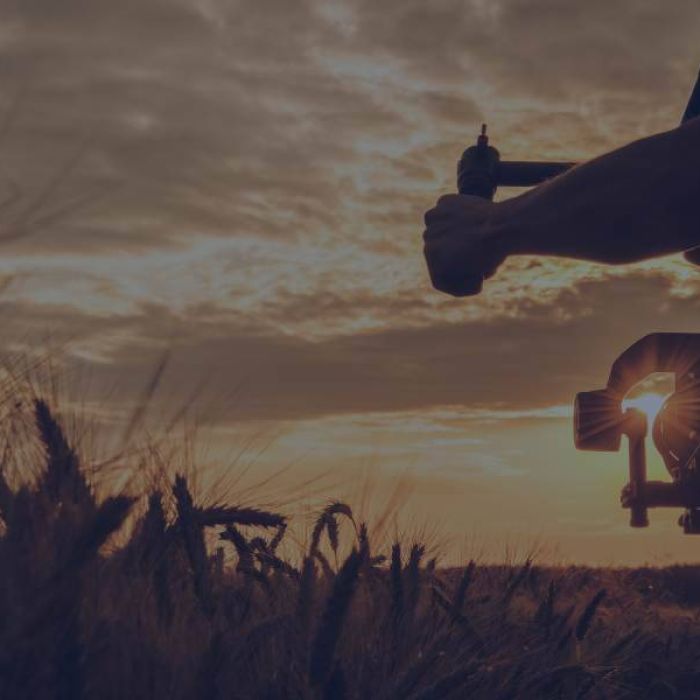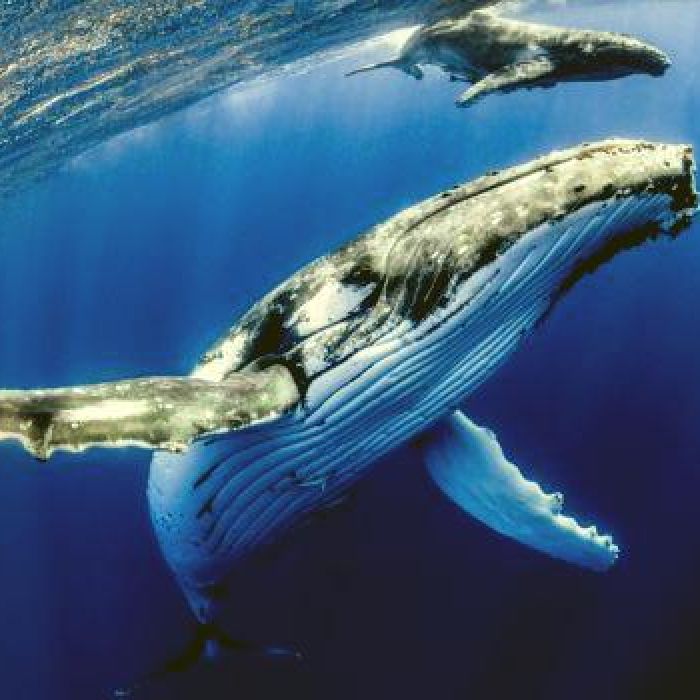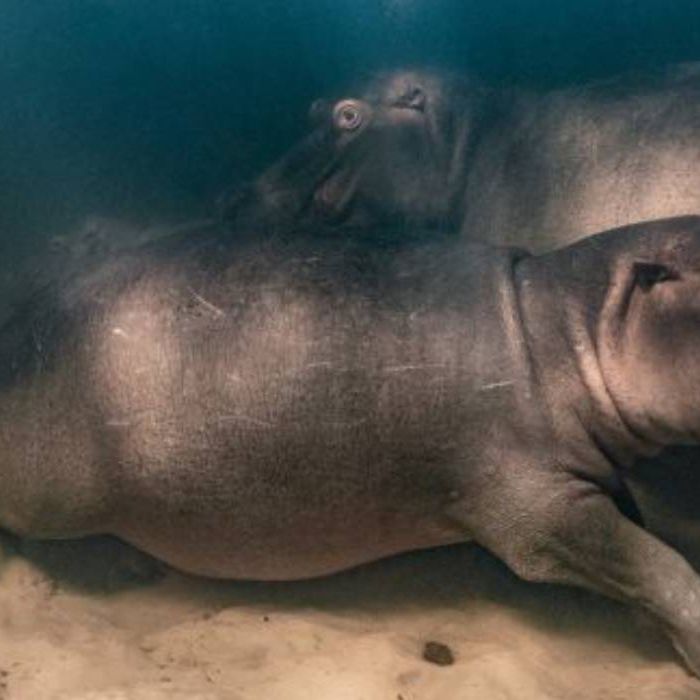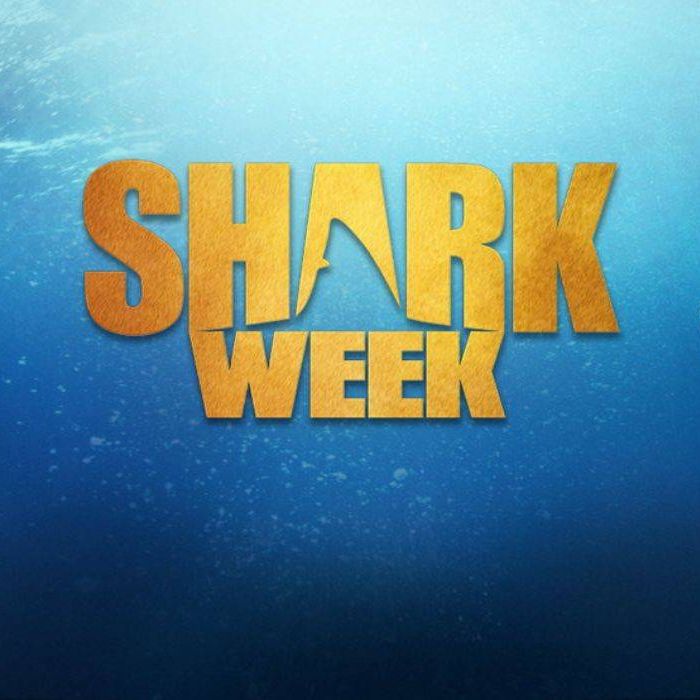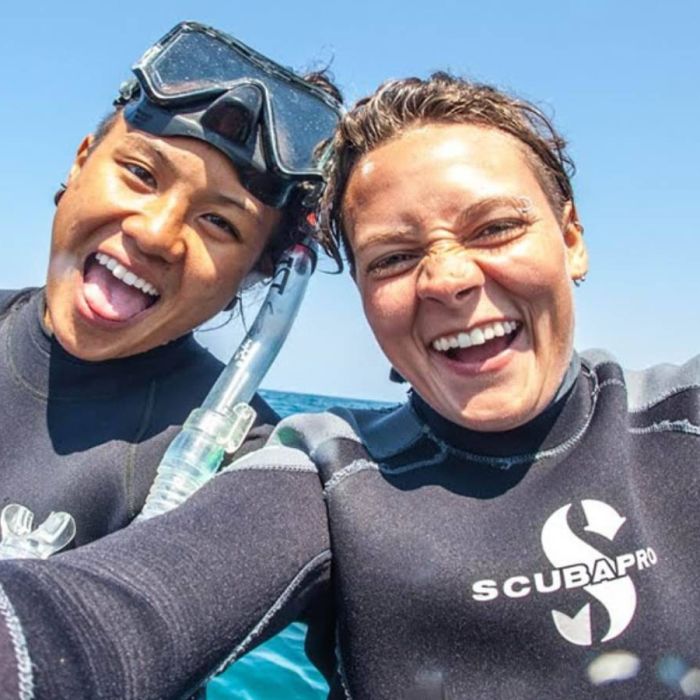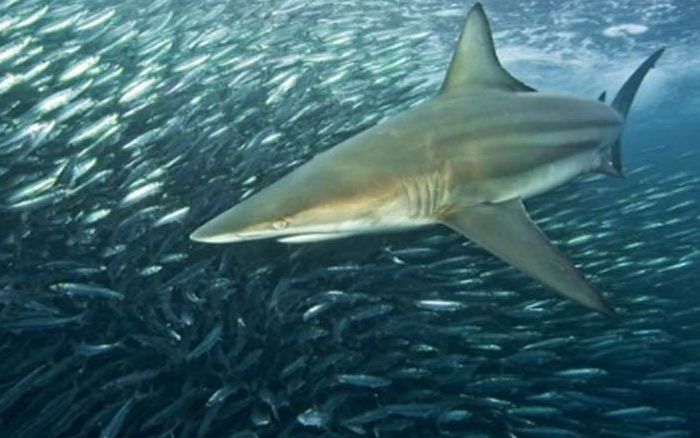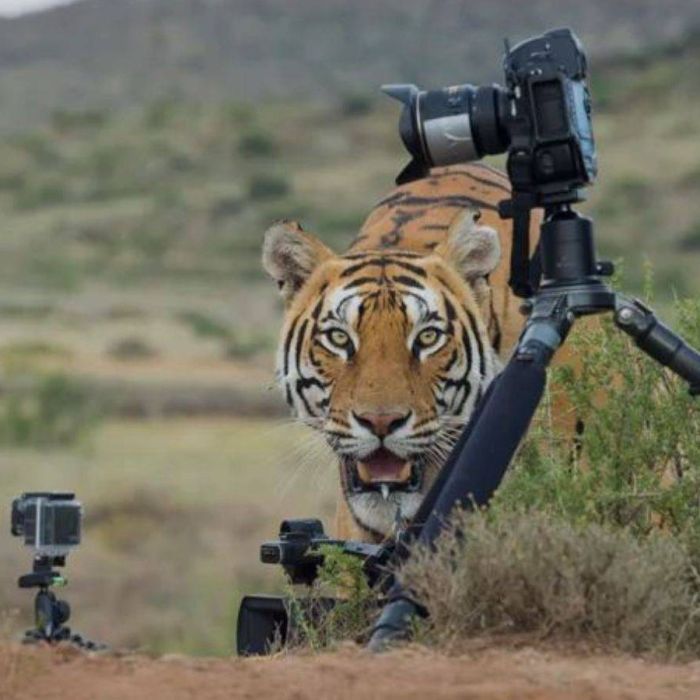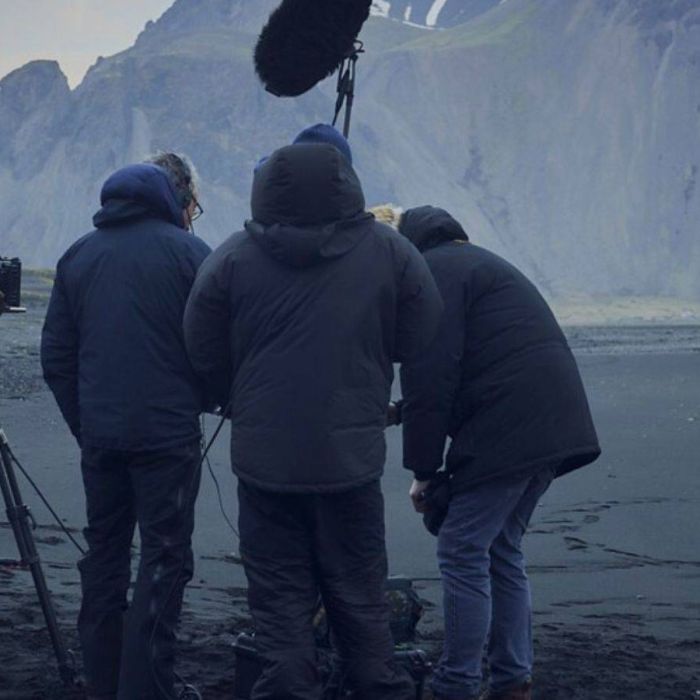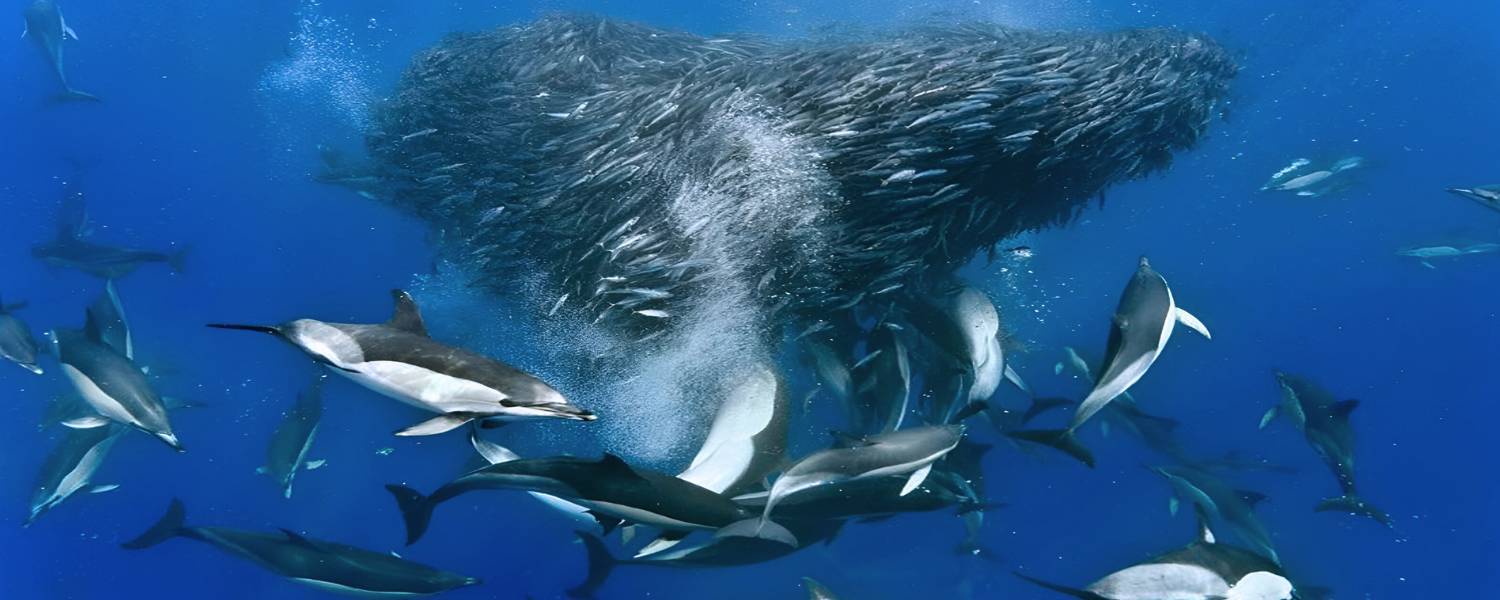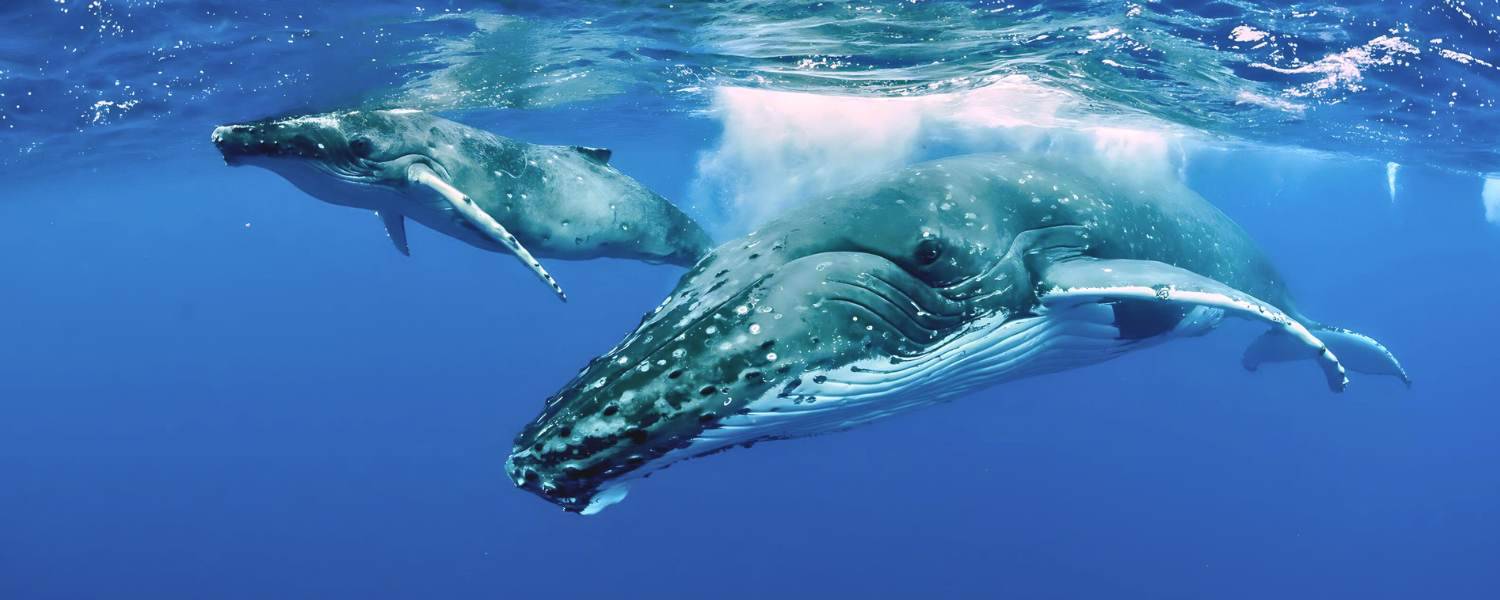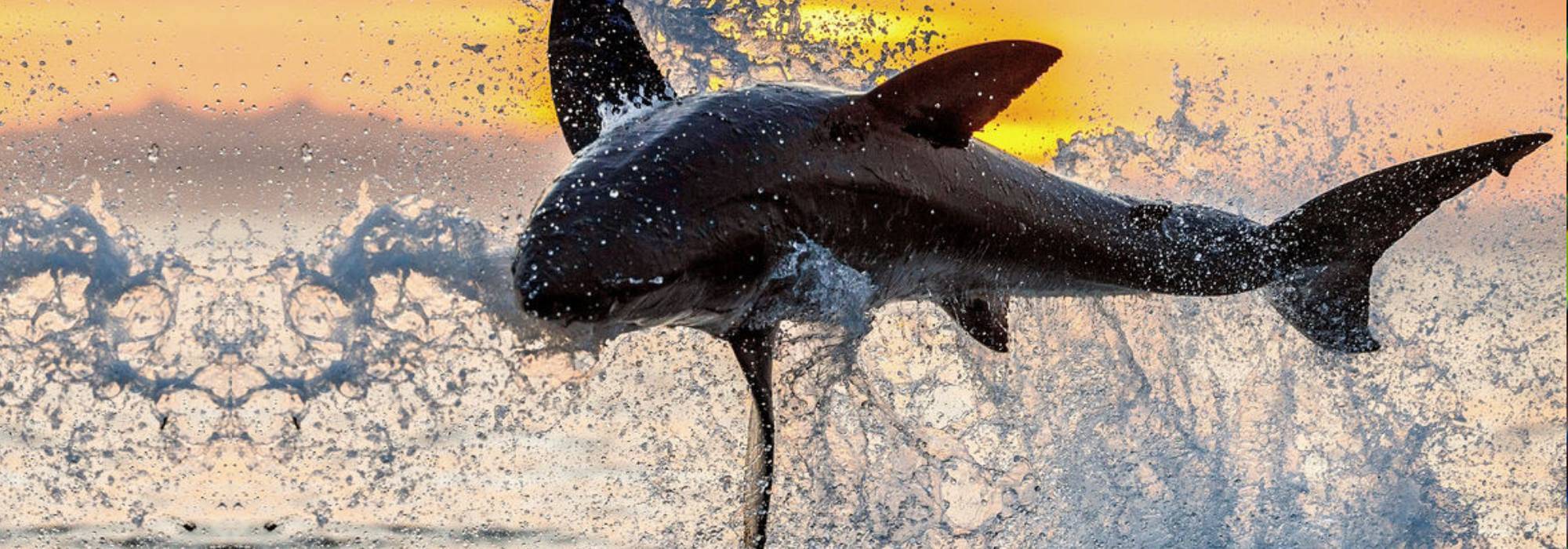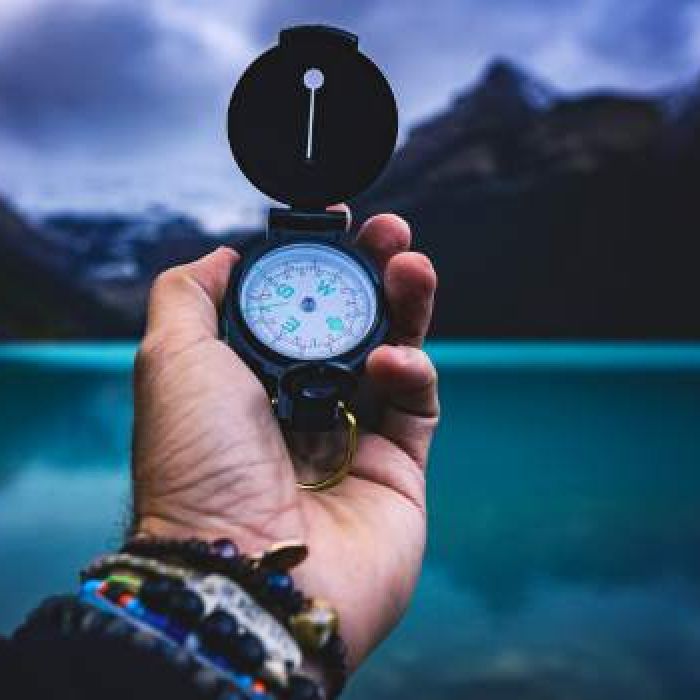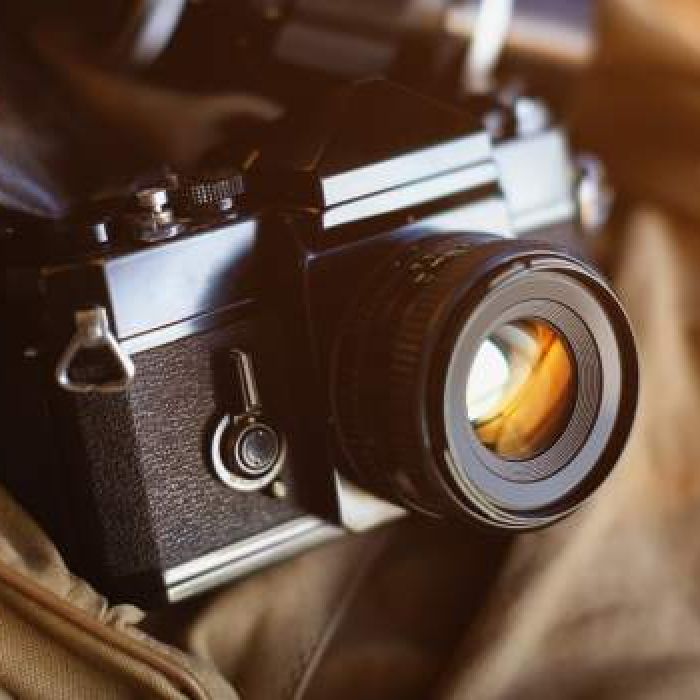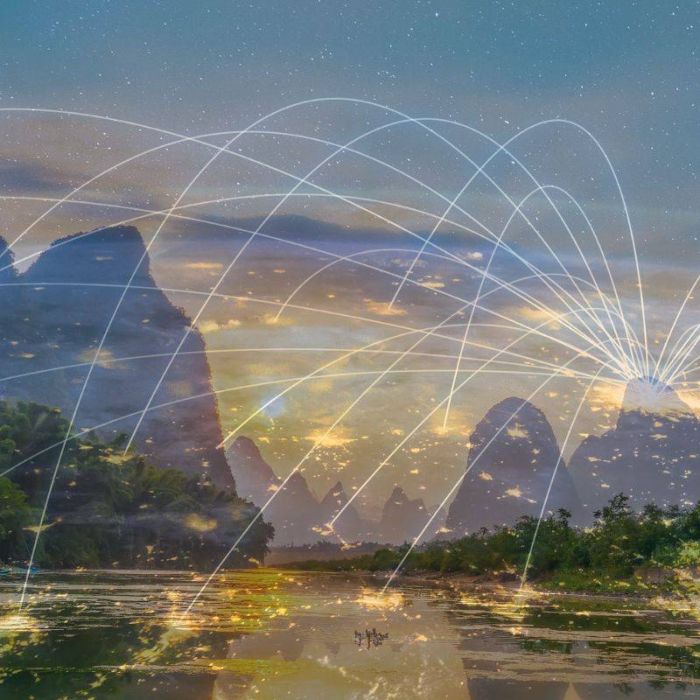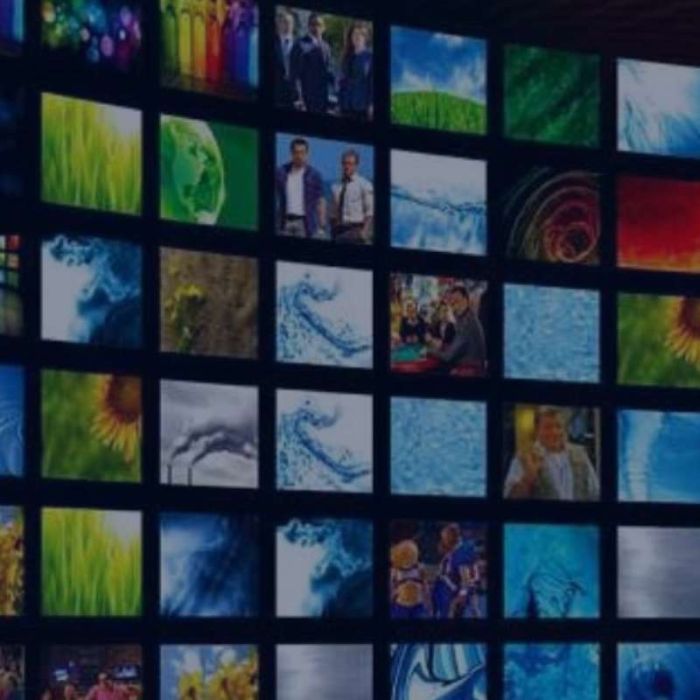Partner content
Advertise hereUNDERWATER VIDEOGRAPHY – DOCUMENTING THE MARINE WORLD
The mesmerizing world beneath the ocean’s surface has captivated humans for centuries. As technology continues to advance, underwater videography has become an increasingly popular and rewarding career choice. Whether you dream of documenting vibrant coral reefs, capturing the grace of marine life, or creating stunning documentaries, becoming a professional underwater videographer requires a unique set of skills, qualifications, and gear. In this comprehensive guide, we’ll delve into the essential aspects of mastering this challenging yet rewarding field.
Essential Skills for Underwater Videography
- Swimming Proficiency: The foundation of any underwater videographer’s skill set is strong swimming ability. Comfort and ease in the water are crucial for navigating currents, maintaining stability, and capturing shots effectively. Enroll in swimming lessons and practice regularly to build endurance and confidence.
- Scuba Diving Certification: Unlike land-based videography, underwater videography requires the use of scuba diving equipment. Obtain a scuba diving certification from a recognized agency like PADI or NAUI. This certification ensures you have the necessary knowledge and skills to dive safely and efficiently, allowing you to focus on capturing stunning footage without compromising your safety.
- Knowledge of Marine Life: A successful underwater videographer understands the behaviour and habits of marine life. This knowledge enables you to anticipate and capture captivating moments in the natural environment. Consider taking marine biology courses or attending workshops to enhance your understanding of the underwater ecosystem.
- Technical Proficiency with Camera Equipment: Mastering the technical aspects of your camera equipment is crucial for creating high-quality underwater videos. Learn how to operate your camera in manual mode, understand exposure settings, and practice adjusting focus underwater. Familiarize yourself with the specific challenges of shooting in low light and varying visibility conditions.
- Buoyancy Control: Achieving neutral buoyancy is essential for gliding effortlessly through the water and maintaining a stable shooting position. Practice buoyancy control techniques during your scuba training and refine them through regular dives. This skill is fundamental for capturing steady, professional-looking footage.
- Patience and Persistence: Underwater videography often requires spending extended periods waiting for the perfect shot or observing marine life behaviour. Patience is key in this profession, as capturing exceptional footage may take time and multiple attempts.
.
Partner content
Advertise hereEssential Gear for Underwater Videography
- Underwater Camera and Housing: Invest in a high-quality underwater camera and a durable housing designed for your specific camera model. The housing protects your camera from water damage while allowing you to access all essential controls. Consider options from reputable manufacturers like Nauticam, Ikelite, or Aquatica.Outbound Link: Nauticam
- Lights and Strobes: Proper lighting is crucial for underwater videography, especially in the absence of natural light at deeper depths. External lights and strobes help illuminate your subjects, revealing their true colors and details. Choose powerful and adjustable lighting systems to adapt to different shooting conditions.Outbound Link: Light & Motion
- Dive Computer: A reliable dive computer is essential for monitoring your depth, dive time, and decompression limits. Choose a model with a clear display and user-friendly interface to ensure you can keep track of important information while focusing on capturing footage.Outbound Link: Suunto Dive Computers
- Wetsuit or Drysuit: Depending on the water temperature, invest in a suitable wetsuit or drysuit to stay comfortable during extended dives. Proper insulation is vital for maintaining body temperature and ensuring you can concentrate on filming without distractions.Outbound Link: Aqualung Wetsuits
Essential Qualifications for Underwater Videography
- Scuba Diving Certification: Obtain a scuba diving certification from a recognized agency such as PADI, NAUI, or SSI. This certification is a prerequisite for safe and responsible underwater videography.Link: PADI
- Underwater Videography Courses: Enroll in specialized underwater videography courses to enhance your technical skills and knowledge. These courses cover topics like underwater camera operation, lighting techniques, and post-production editing specific to underwater footage.Link: Backscatter Underwater Video & Photo
- Bachelor’s Degree in Marine Biology or Film Production: While not mandatory, a degree in marine biology or film production can provide a solid foundation for a career in underwater videography. These fields offer in-depth knowledge of marine ecosystems and filmmaking techniques, respectively.Link: National University Film School
- Build a Strong Portfolio: Compile a portfolio showcasing your best underwater videography work. A strong portfolio serves as a visual resume and is essential when applying for jobs or freelance opportunities. Participating in practical training internships, such as the underwater videography internship offered by Gloworm, is a great way to improve your skills in underwater videography and also build a professional portfolio.
Career Opportunities in Underwater Videography
- Documentary Filmmaking: Underwater videographers play a crucial role in creating captivating documentaries that showcase the beauty and challenges of the underwater world. Documentaries on marine conservation, underwater exploration, and wildlife behavior are in constant demand.
- Tourism and Resort Industry: Many tropical destinations with vibrant marine life attract tourists seeking unique underwater experiences. Resorts and tour operators often hire underwater videographers to capture footage for promotional materials, websites, and guest memories.
- Marine Biology Research: Collaborate with marine biologists and researchers to document underwater ecosystems and marine life behaviour. Your footage can contribute to scientific research, conservation efforts, and educational initiatives.
- Commercial Advertising: Companies specializing in underwater equipment, dive gear, or marine products often require professional underwater videographers for advertising campaigns. Showcase their products in action beneath the waves to create visually stunning and compelling marketing content.
Conclusion
Becoming a professional underwater videographer requires a unique blend of skills, qualifications, and gear. From mastering swimming and scuba diving techniques to investing in high-quality camera equipment, the journey into the depths of underwater videography is both challenging and rewarding. By combining technical proficiency with a passion for marine life, aspiring underwater videographers can carve out a niche in this exciting and dynamic field. Explore the vast opportunities, continue refining your skills, and immerse yourself in the wonders of the underwater world—one frame at a time.


